So far, four national teams (boxing, archery, shooting, taekwondo) have applied AI through cooperation with a domestic technology company, along with the use of training software from a French company. After testing from four teams, based on the evaluation of actual results, in 2026, the sports industry plans to deploy AI combined with technology and intensive training in many key sports to achieve optimal efficiency.
In fact, Vietnamese Sports is quite slow in applying AI even though managers have recognized this trend. Last year, the Director of the Vietnam Sports Department, Mr. Dang Ha Viet at that time, planned to apply AI early in training and management. Vietnamese Sports really needs to build a data bank to analyze each index related to the training volume of athletes. However, the distance from desire to reality is very far. AI or related technology applications require large data sources (Big Data) to be "loaded" continuously with high accuracy, in real time, especially in the training phase.
Unfortunately, the current facilities in Vietnam are not capable of meeting these requirements, or if they are, they are only for a very small group of people, making it difficult to form a training process with technological synchronization. Even for some sports that require detailed parameters such as volleyball, athletics, swimming, gymnastics, etc., we do not have swimming pools, running tracks, and gymnasiums equipped with sensors and specialized video recorders to measure the athletes' parameters. Objective difficulties make the quality of input data a challenge.
The sports industry also needs a team of highly qualified personnel, from coaches, doctors, data experts to technology engineers. AI can provide accurate analysis and smart recommendations, but it is these experts who decide how to use that information. To effectively apply AI to training, we should also upgrade each step of nutrition, sports medicine, international competitions... It is from the demands of technology that the sports industry has more motivation to change itself. By applying AI to training, instead of depending on emotional experience, Vietnamese sports can move towards establishing a scientific , transparent model, based on serious investment, a roadmap and long-term commitment from industry leaders to technology partners.
This requires sports people to proactively connect, cooperate, and promote a stronger and more substantial socialization process to diversify investment resources. The state budget certainly cannot shoulder the entire burden, so the main role lies with the units and organizations that manage each sport. In the long term, applying AI is the pressure for coaches and athletes to improve training efficiency and evaluate results with numbers and data. This is also a convincing basis for attracting investment through each highly reliable number.
Source: https://www.sggp.org.vn/ai-thuc-day-nang-chat-van-dong-vien-post804414.html


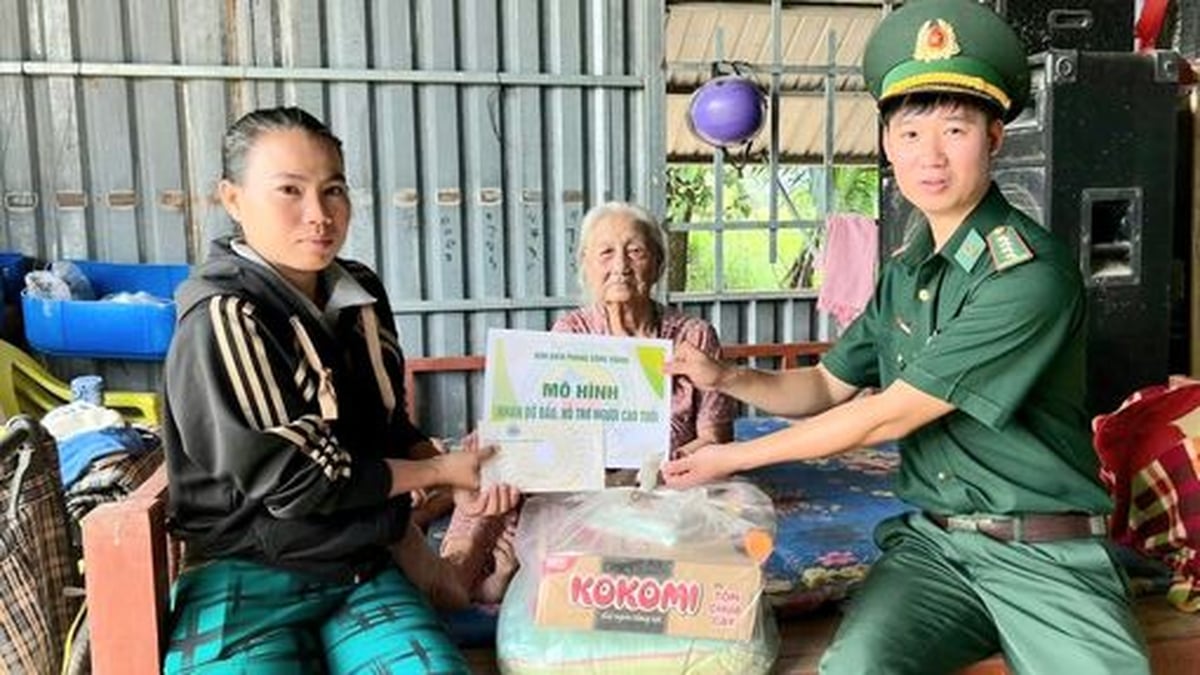
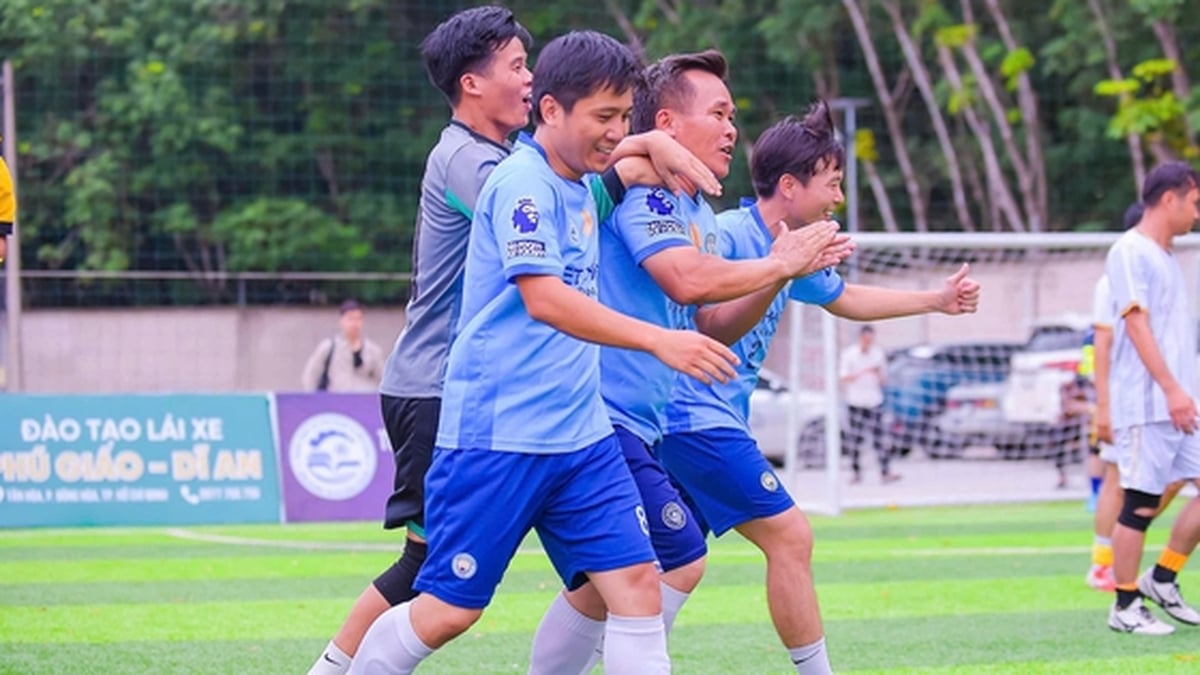
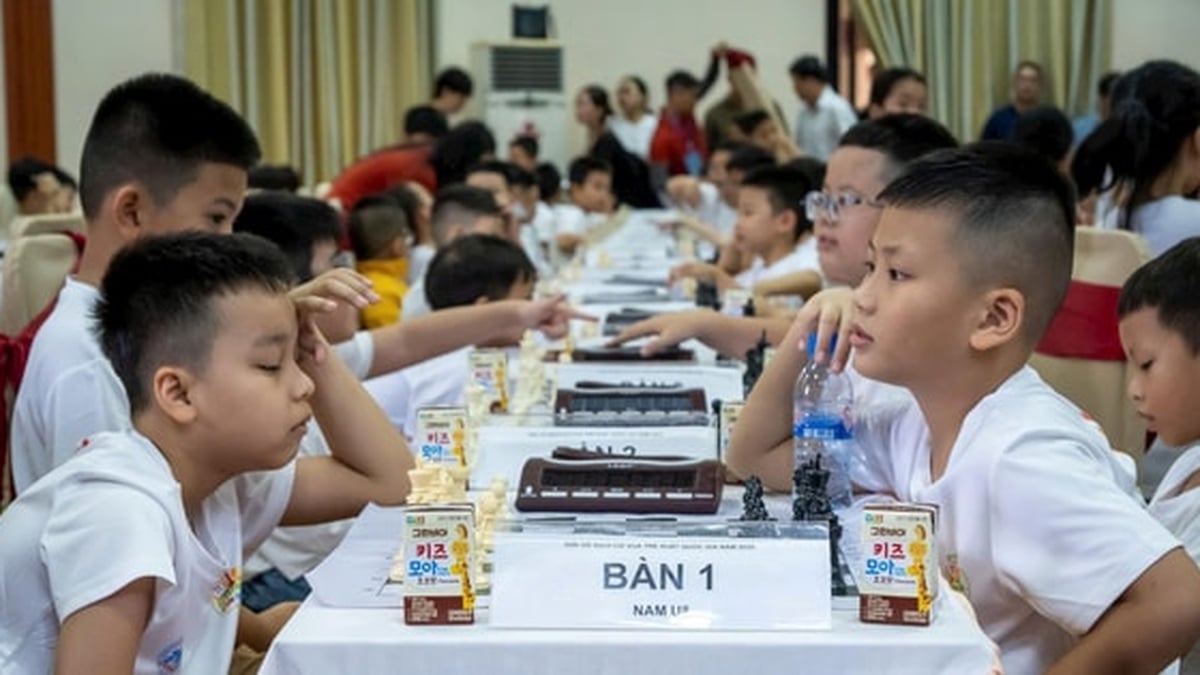



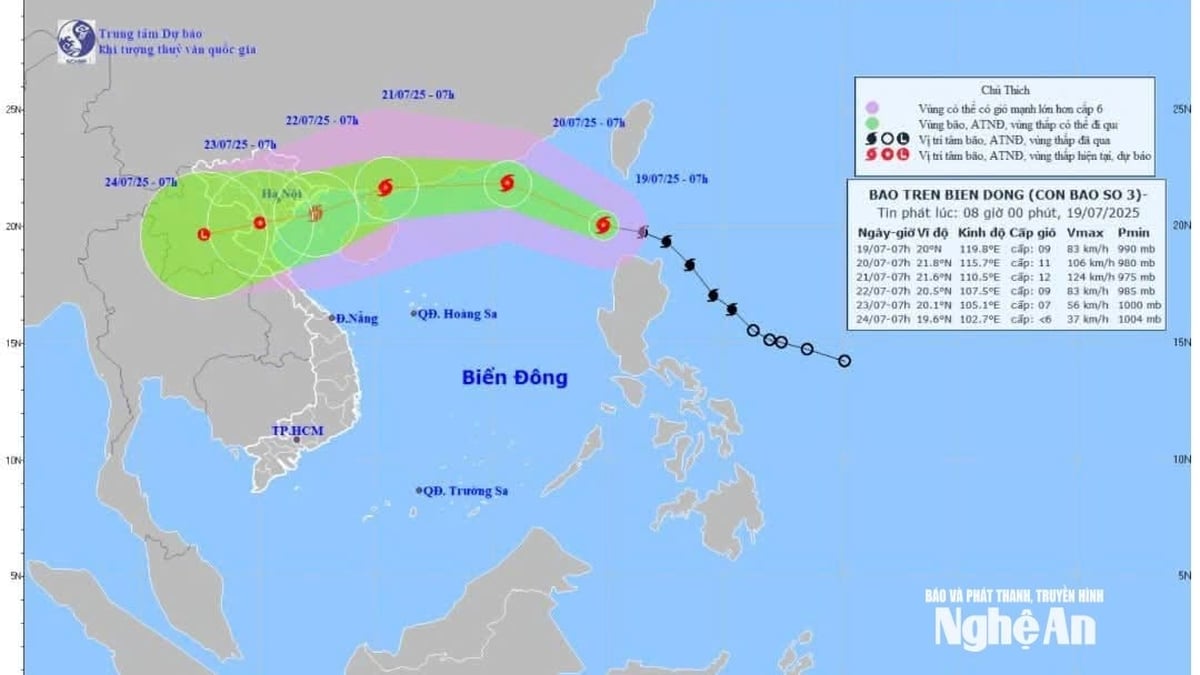
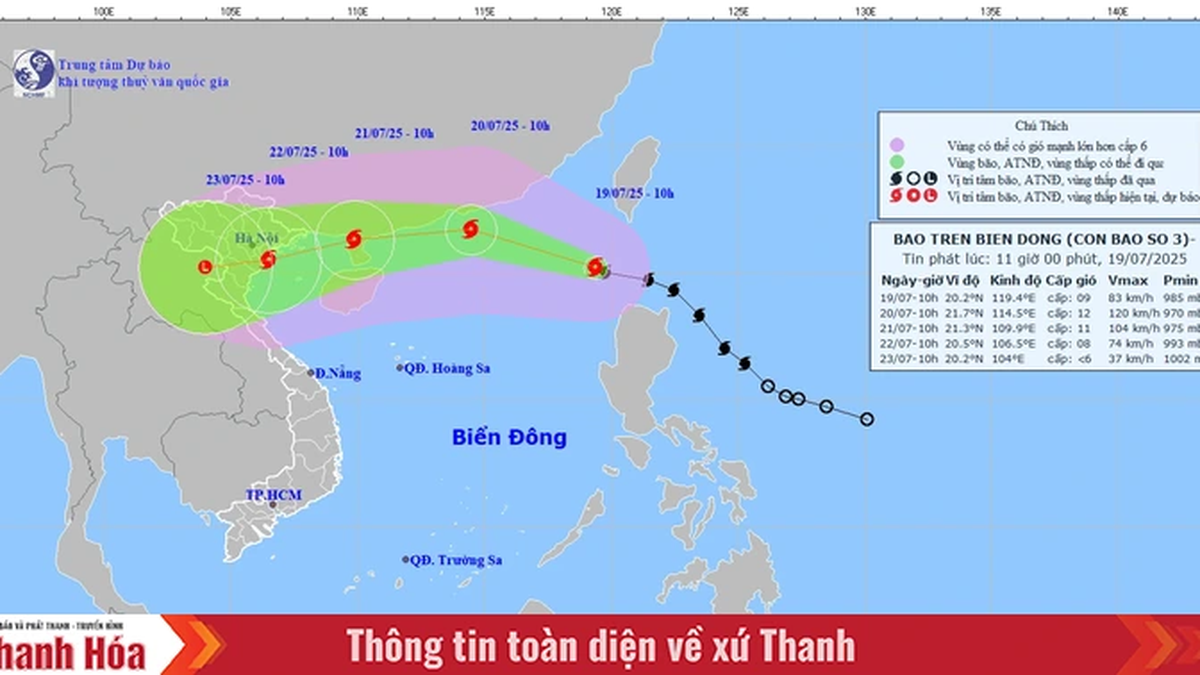
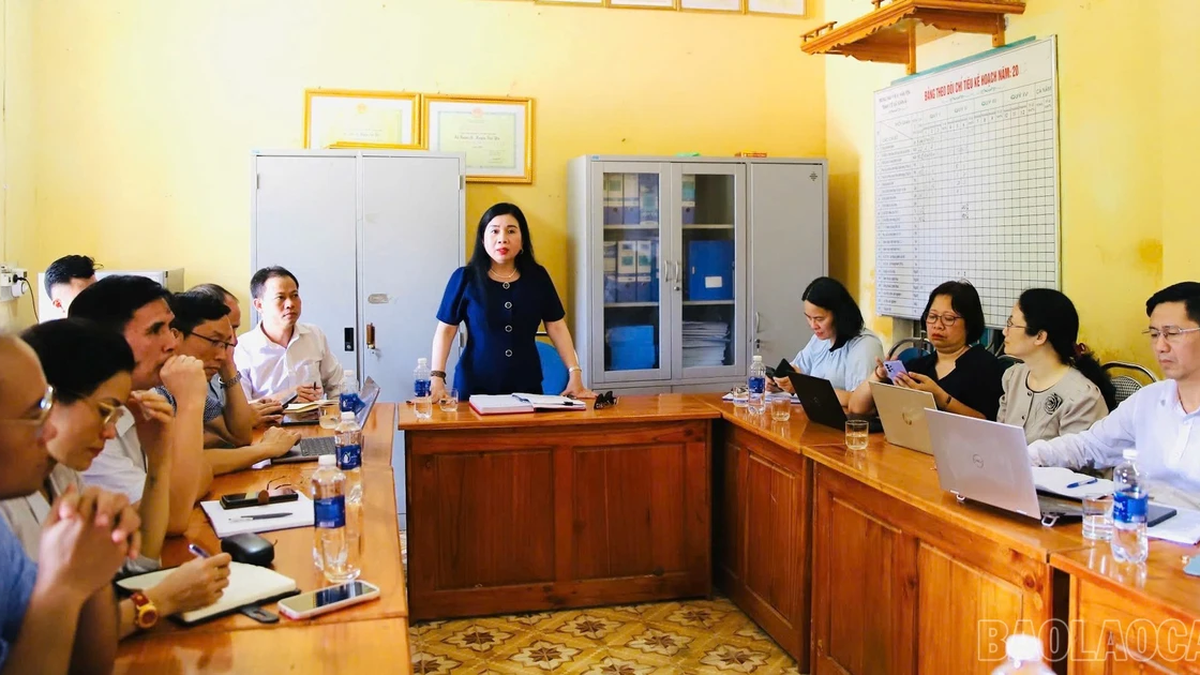
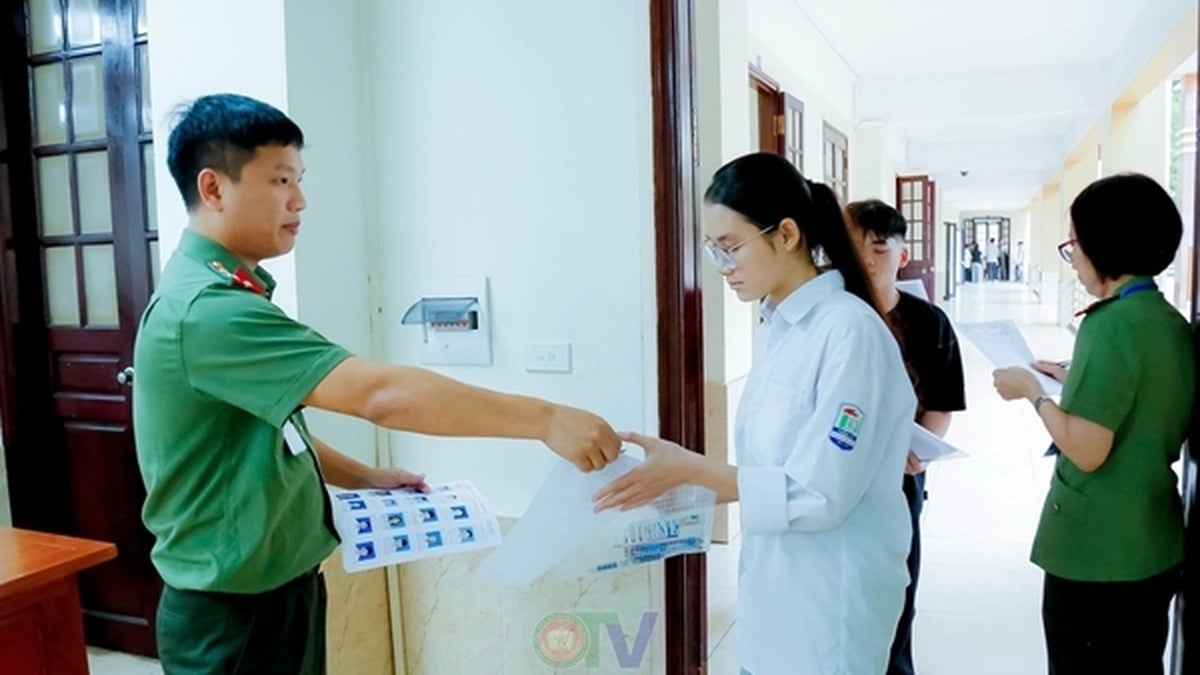
























































































Comment (0)